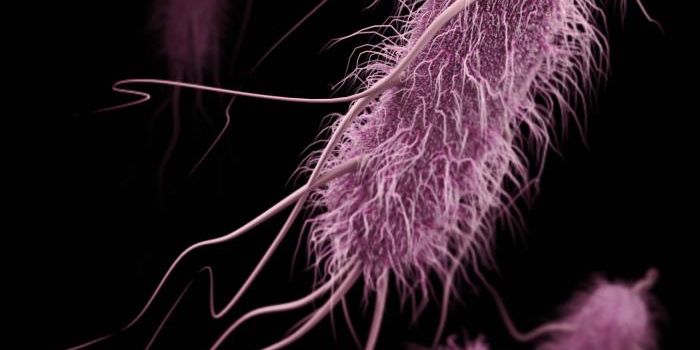Stagnant US Cervical Cancer Survival Rates
According to JAMA Network, despite the overall cancer mortality rate decreasing since the 90s, cervical cancer survival rates in the US haven’t changed much in nearly 5 decades. Second to breast cancer, cervical cancer is a leading cause of cancer death in women between the ages of 20 and 39 years old. This is surprising given that cervical cancer screenings and vaccinations exist and that it’s very treatable when caught early. According to gynecologic oncologist, Elena Pereira, MD, with adequate screening, cervical cancer is very preventable.
In research published earlier this year, cervical cancer screenings were found to have declined in the US for the past 14 years – the percentage of women who didn’t receive timely screening increased from 14.4% in 2005 to 23% in 2019. According to the authors of this research, women commonly reported they didn’t know they needed screenings. Current guidelines are that women be screened every 3 to 5 years with a human papillomavirus (HPV) test, a Pap test, or both.
According to the CDC, HPV causes more than 9 out of 10 cases of cervical cancer but available vaccines make HPV-associated cervical cancer highly preventable, preventing more than 90% of cancers caused by HPV. Vaccination rate against HPV, however, is said to be lower than other vaccines in age groups it’s recommended for – for both female and male teenagers.
HPV can linger in other organs and eventually lead to cancer in those organs as well, particularly the throat in males. HPV-associated cancers usually take years, even up to decades, to develop after initial infection. HPV infection can also cause genital warts.
Electra Paskett, director of the Division of Cancer Prevention and Control in the Department of Internal Medicine at OSU College of Medicine states that lower screening rates, especially in rural areas, may also be related to fear of the stigma that may come along with an HPV diagnosis. HPV vaccination rates are said to be lowest in teenagers living in rural communities and from lower-income backgrounds.
Even after vaccination, however, regular screenings are recommended. HPV vaccines do not protect against all strains and do not prevent infection if a person was exposed to HPV before vaccination. Although HPV-associated cervical cancer takes years to develop after infection, if not caught early in screenings, it can become invasive and then progress quickly.
Sources: JAMA Network, CDC, Immunize








